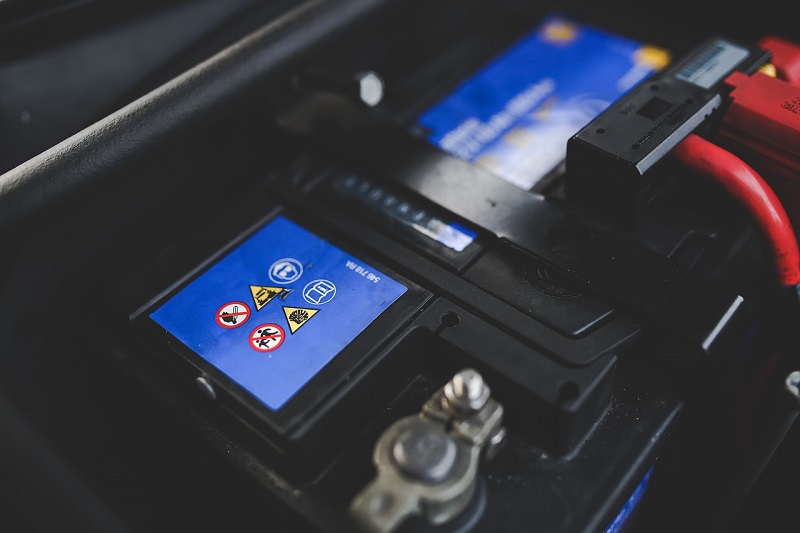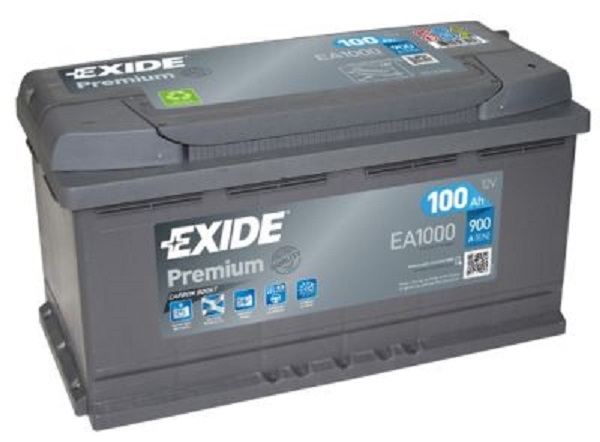There’s no simple answer to the question on how long car batteries would last. However, it’s possible to offer generalizations based on years of industry experience. A car battery’s life differs based on factors including vibration, time, and heat.
Table of Contents
Heat
Heat helps the chemical reaction that batteries use for generating electricity. It also increases battery degradation rate. In a cooler northern climate, batteries may last 5 years or longer.

However, in hot locales, around 3 years is more common. Moreover, batteries live in harsh underhood environment where the temperatures may exceed 200 degrees Fahrenheit. To fight against the heat, car manufacturers can mount the battery in isolated areas, relocate battery outside engine compartment or install heat shield, often under the trunk floor or back seat.
Time
Like human beings, car battery ages over time and have finite lifespan. Even in a perfect operating condition, a car battery deteriorates until it doesn’t provide enough power to start engines. Car usage patterns also contribute to the aging of batteries.
Cars that are driven mostly on the short trips might not enable the battery to recharge completely and the batteries in cars parked for an extended period self-discharge naturally. In such situations, using maintenance charger can keep the battery fully charged as well as extend its service life.
Vibration
Vibration is another factor in the life of a car battery, which causes internal battery parts or physical breakdown. To reduce the vibration effects, special hardware secures the batteries in place and prevents them from moving. Loose hold or missing downs may shorten car battery life.

Other Things to Consider
Aside from those considerations mentioned above, a malfunctioning charging system can also reduce the battery life. Over-charging or persistent under-charging increases the aging of a car battery. Other new cars with AGM or absorbent glass mat batteries require control of the charging rates for optimal battery life and the car maker can alter the charging strategy as the car battery ages. Enabling car battery to go dead completely will take a huge chunk out of the lifespan, even if it may be recharged or put back in the service.
The kind of battery you choose for your car may vary. Batteries can be either more advanced AGM design or conventional lead-acid. Many cars on the road these days use conventional batteries. However, several models use the AGM batteries, which are spill resistant and can handle repeated recharging and discharging, which happens in vehicles with stop and start engine system to boost fuel economy. Since charging systems are optimize for the type of battery, it is recommended to replace a battery with the same kind that came from its car factory.
The Bottom Line
If a car requires a new battery, always buy one from high volume sellers with fresh stock. You don’t want a battery that lost a portion of service life sitting on the shelf. Search for a battery with extended full-replacement warranty. A quality battery offers free replacement for 3 or more years if there’s a problem within the period. Warranties that enter pro-rated replacement period sooner would require partial payments to replace car battery when full-coverage term expires.
Articles from the same category:
- How to Pick the Suitable Car Coolant
- Here’s Why You Need a GPS Car Tracker for Car
- Lubricated steering wheel for healthy machines
- Car Lift Basics You Should Know
- Make the Right Choice Between Aluminum and Steel Roof Racks for Commercial Vehicles
- How the lights in our vehicles work
- Efficient Additional Transport Systems
